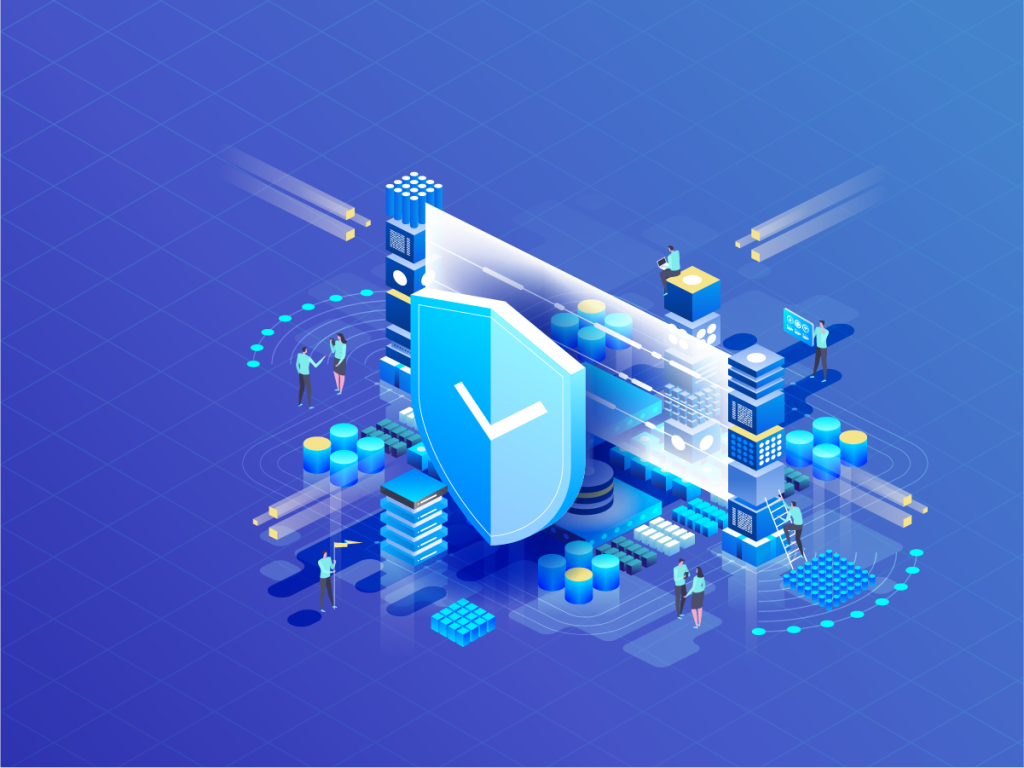Increase in Cyber Threats: Urgent Action Needed
In recent months, there has been a significant rise in cyber-attacks targeting individuals and organizations. With the increasing reliance on digital platforms for both personal and professional activities, cybercriminals are exploiting vulnerabilities in various systems. Many of these cyberattacks are aimed at individuals who may lack experience with online platforms, remote work tools, or engaging in e-commerce via mobile and web applications.


Phone-Based and Text Message Scams
Cybercriminals often exploit communication channels such as phone calls and text messages to deceive and steal personal information. Common tactics include:
With the rise in digital activity and online transactions, cybercriminals have registered many fraudulent websites designed to deceive users and steal sensitive information. These sites are often designed to steal your personal information or deliver malware to your device.
Social media platforms are rife with scams that can compromise your privacy and finances. Some of the most common scams include:
In today’s rapidly evolving digital landscape, businesses face an increasing number of cyber threats. Our cybersecurity advisory services offer expert guidance to help organizations protect their critical assets and data. As trusted cybersecurity consulting companies, we provide tailored strategies to mitigate risks, ensuring your infrastructure is secure and resilient against potential cyberattacks.
Partnering with leading cybersecurity consulting firms, we specialize in providing comprehensive solutions that address both immediate vulnerabilities and long-term cybersecurity needs. Our team of experienced cybersecurity consultant companies offers customized support to enhance your security posture and safeguard your organization’s digital transformation journey.

Lorem ipsum dolor sit amet, consectetur adipiscing elit. Ut elit tellus, luctus nec ullamcorper mattis, pulvinar dapibus leo.Lorem ipsum dolor sit amet, consectetur adipiscing elit. Ut elit tellus, luctus nec ullamcorper mattis, pulvinar dapibus leo.

Lorem ipsum dolor sit amet, consectetur adipiscing elit. Ut elit tellus, luctus nec ullamcorper mattis, pulvinar dapibus leo.Lorem ipsum dolor sit amet, consectetur adipiscing elit. Ut elit tellus, luctus nec ullamcorper mattis, pulvinar dapibus leo.